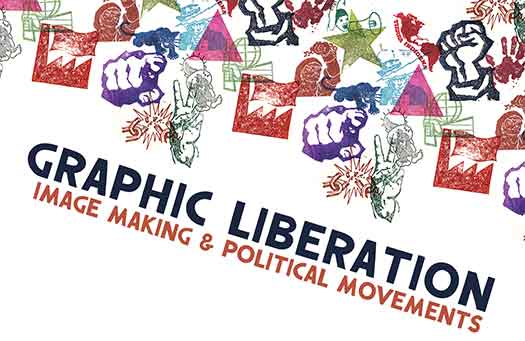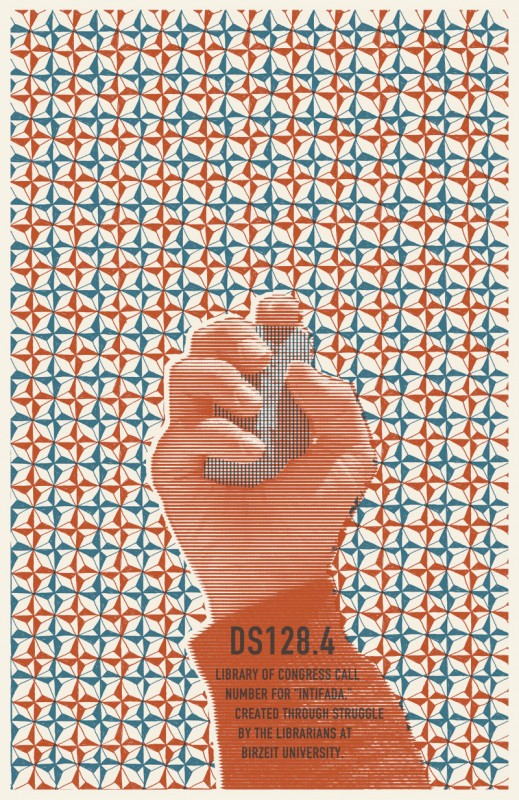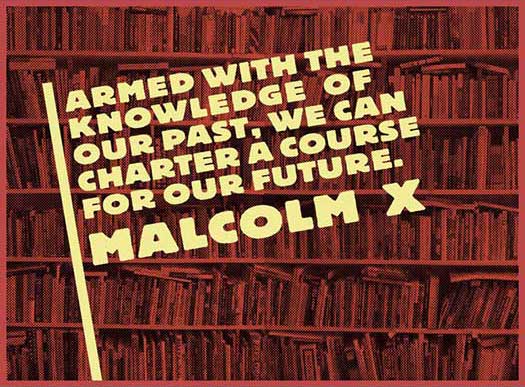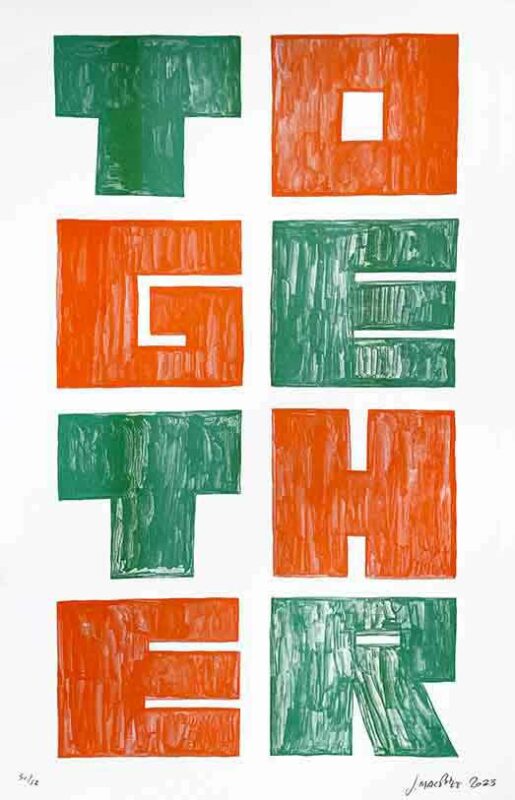
Oliver Ressler has a new, interesting looking documentary out. Right now you need to be in Vienna or Ljubljana to see it (see below for dates and locations), but hopefully it will circulate farther soon:
WHAT IS DEMOCRACY?
A film by Oliver Ressler
118 min., 2009
“What is democracy?” is not one question, but is actually two questions. On the one hand, the question relates to conditions of the current, parliamentary representative democracies that are scrutinized critically in this project. On the other hand, the question traces different approaches to what a more democratic system might look like and which organizational forms it could take.
The project asked “What is democracy?” to numerous activists and political analysts in 15 cities around the world, in Amsterdam, Berkeley, Berlin, Bern, Budapest, Copenhagen, Moscow, New York, Rostock, San Francisco, Sydney, Taipei, Tel Aviv, Thessaloniki and Warsaw. The interviews have been recorded on video since January 2007. Even though all interviewees were asked the same question, the result was a
multiplicity of different perspectives and viewpoints from people living in states that are usually labeled “democracies”.
This pool of interviews builds the basis for a film in eight parts, which (re)presents a kind of global analysis about the deep political crises of the Western democratic model. In one video, Adam Ostolski (Warsaw) explains that originally “the modern idea of democracy was connected to the notion of progress” and parliamentary states “had some tendency to become more and more democratic by including new types of
political actors, such as workers and women. […] But since the 1980s, since the neoliberal trend in politics and economy we have a regression of democracy.” Lize Mogel (New York) notes that situation changed in such a way, that when you think about representative democracy today “you are not necessarily talking about individuals being represented, but more capital being represented.” Nikos Panagos (Thessaloniki) even argues that “representation and democracy are incompatible terms.
Therefore, under no circumstances could the present system be called a democracy. It is just a sophisticated form of oligarchy.” While some subjects in the videos elaborate their ideas of direct democracy or decision-making processes of indigenous communities, David McNeill (Sydney) raises the issue of whether it makes sense “to continue contesting for the right to own and define the term democracy” or whether “it has been so corrupted and polluted by the conservatives that claimed ownership of it, that it is better to be surrendered.”
The film discusses the contested notion of “democracy”, which is misused for the maintenance of order by those in power, while at the same time “democracy” still represents an ideal hundreds of million people in the South desperately want to achieve. Today it seems almost impossible to be against “democracy”, even though it is getting emptier and emptier. A potential strategy could try to fill what is called “democracy” with new meaning. In this sense, the film presents a multi-layered discourse on democracy, which expresses a broad field of opinions that go beyond the
borders of nation-states and continents.
The eight parts of the film have the following titles: “Rethinking representation”, “Politics of exclusions”, “Secrecy instead of democratic transparency”, “New democracies?”, “Is representative democracy a democracy?”, “Direct democracy”, “Reclaiming Indigenous politics” and “Should we consign the Western democracy model to the ash heap of history?”
www.ressler.at
FIRST SCREENINGS / ERSTE VORFÜHRUNGEN:
Medienwerkstatt Wien (A), 29.11.2009, 18:00
Moderation: Maren Richter
Für weitere Veranstaltungen im Programm „Other Dimensions“ siehe:
http://www.medienwerkstatt-wien.at
“The Law of Capital: Histories of Oppression”, curated by Marina Gržinić
and Sebastjan Leban, Place: City Museum of Ljubljana (SI), 15.12. –
20.12.09, http://www.mestnimuzej.si







